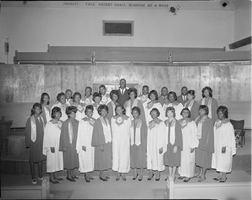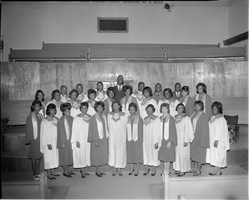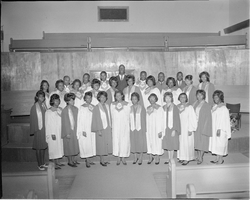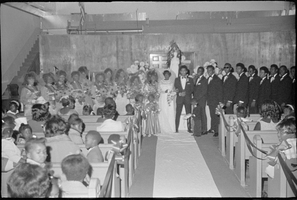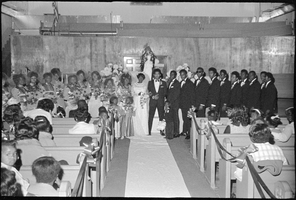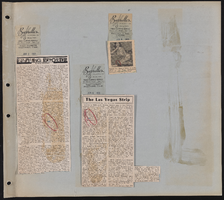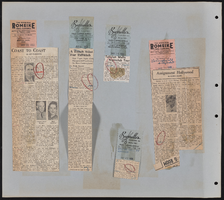Ahavas Torah Center
Ahavas Torah Center is a congregation located in Green Valley. Ahavas Torah Center seeks to create an atmosphere of growth through the synthesis of Jewish ethics, philosophy, law, culture and tradition. They have many youth programs, classes, Shabbos services and hope to be a source of learning for the growing Jewish community in Green Valley.
Ahavas Torah Center was founded by Rabbi Yehosua Fromowitz and his wife Frimie, who serves as the director of women’s programming.

